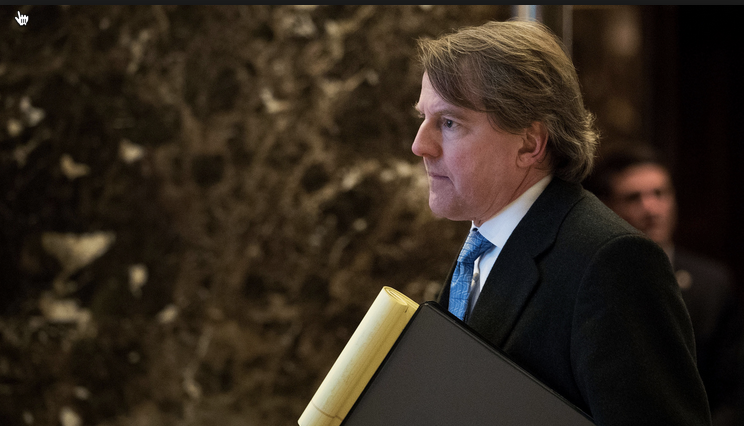. . .
The same is true of Mr. Trump’s view of White House counsel Donald McGahn, whom the Times reports Mr. Trump tasked unsuccessfully with talking Mr. Sessions out of his recusal. The White House counsel represents the office of the presidency, not the president’s personal interests. But this distinction appears lost on Mr. Trump.
Not all of the president’s abuses are as explosive as his reprimands of Mr. Sessions or as high-profile as his tweets. But also disturbing is his departure from years of precedent by chief executives who agreed to keep federal prosecutors free of political interference. Instead, Mr. Trump has interviewed three candidates for U.S. attorney, or lead federal prosecutor, in key jurisdictions. One, Jessie K. Liu, is now the U.S. attorney for the District of Columbia. Another, Geoffrey S. Berman, currently heads the office of the U.S. attorney for the Southern District of New York on a temporary basis. Mr. Berman could potentially lead investigations into Mr. Trump’s Manhattan businesses — making Mr. Trump’s personal interaction with him particularly troubling.
Mr. Trump has the constitutional authority to meet with U.S. attorneys and make demands of Mr. Sessions and Mr. McGahn. But what’s legal is different from what’s right. It’s appropriate for the president to confer with the attorney general in setting policy priorities. It’s not appropriate to demand that the attorney general violate departmental ethics rules, interfere with particular investigations or target specific individuals.
Most disturbingly, Mr. Trump seems not to recognize anything wrong or unusual in his conduct. He argues instead that then-Attorney General Eric H. Holder Jr. “protected” President Barack Obama in the same manner Mr. Trump reportedly demanded of Mr. Sessions.




